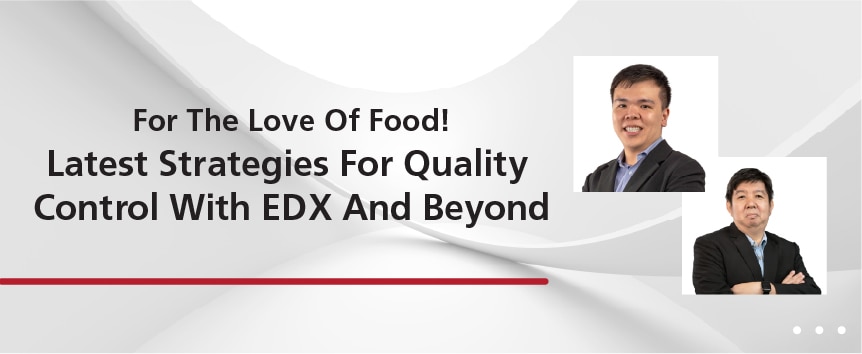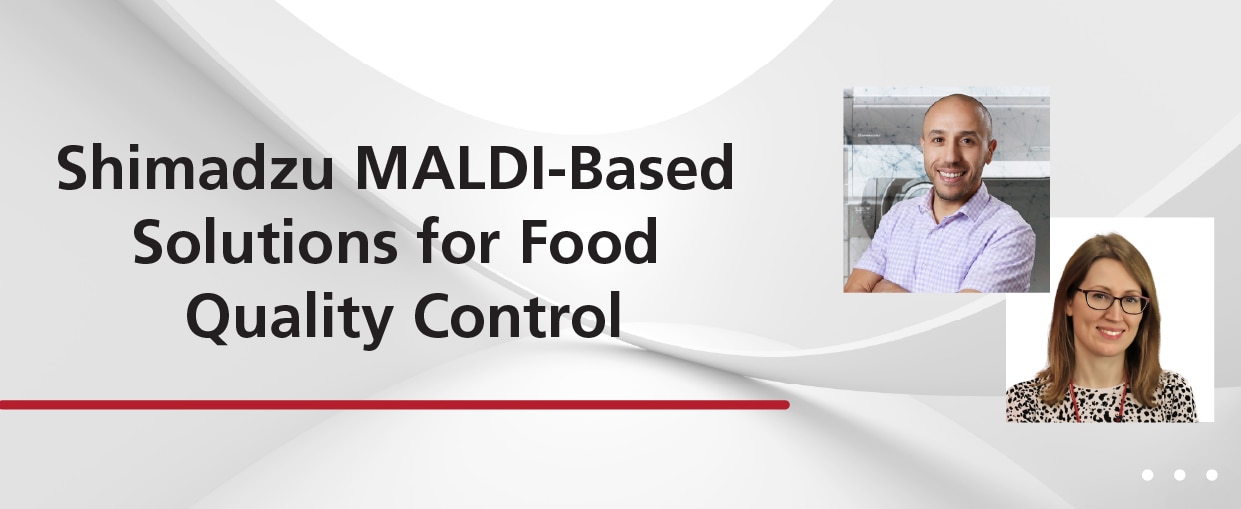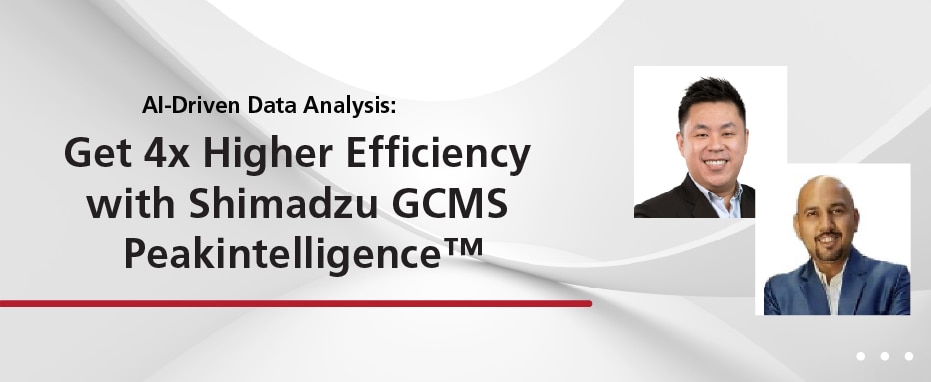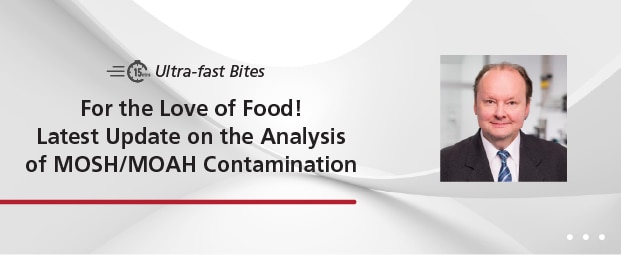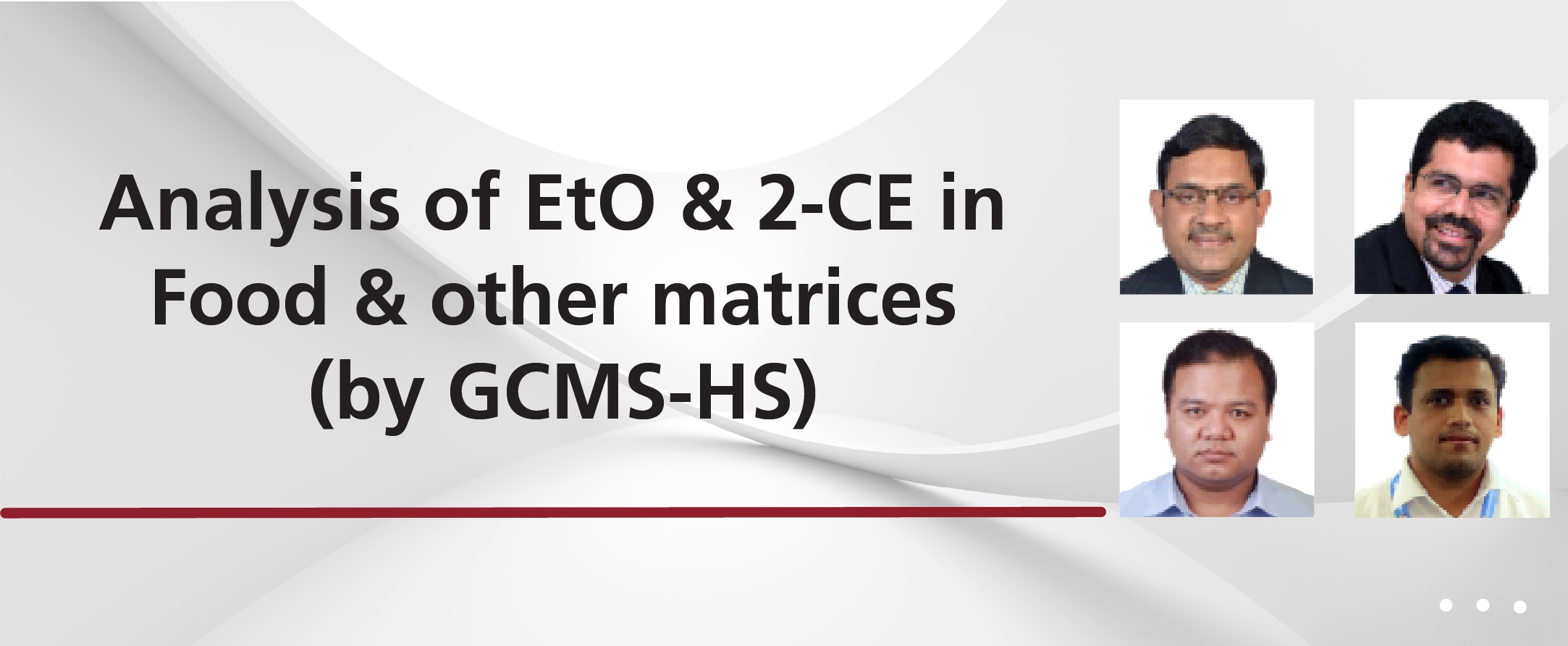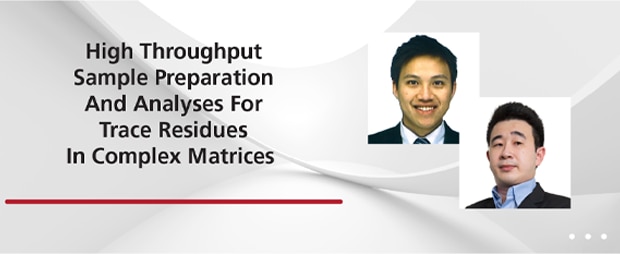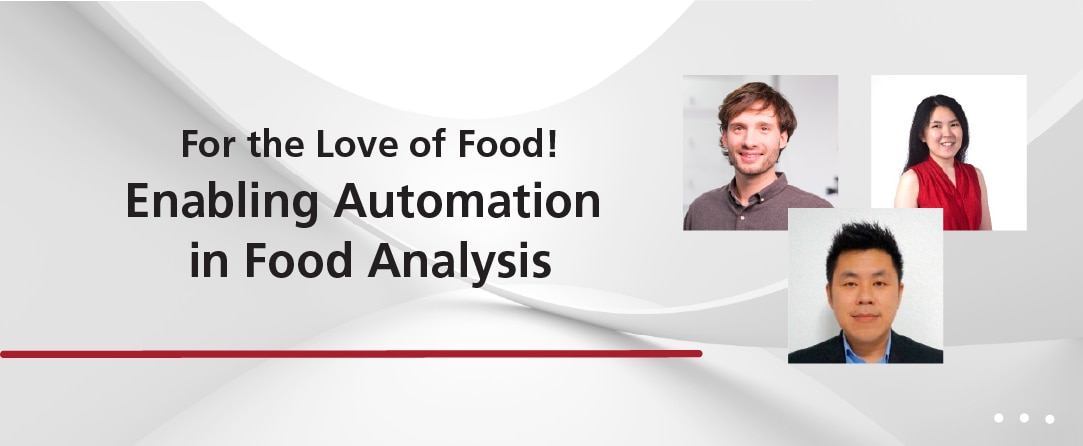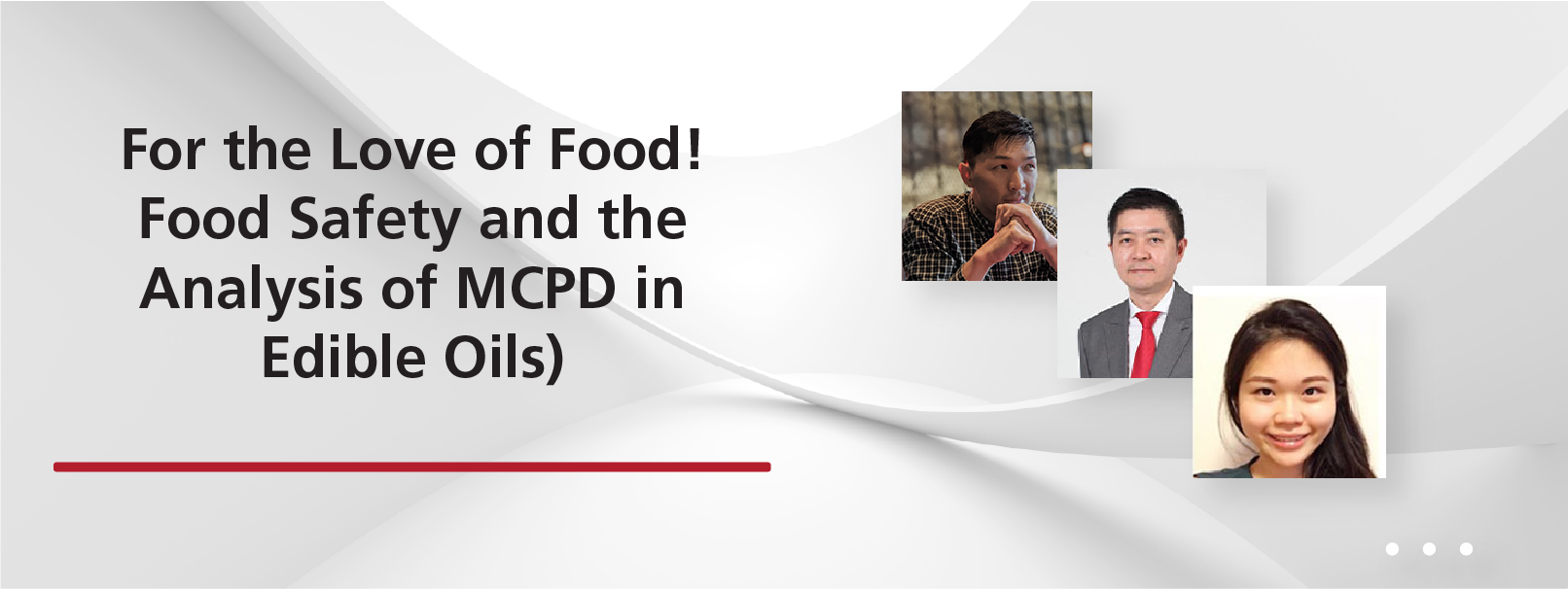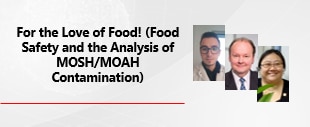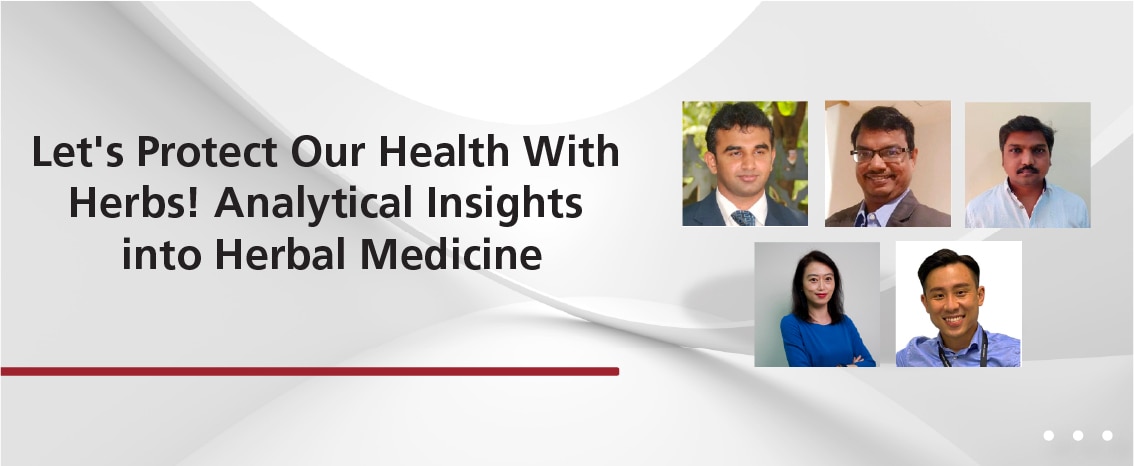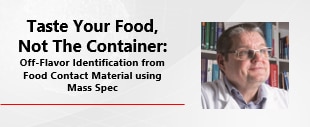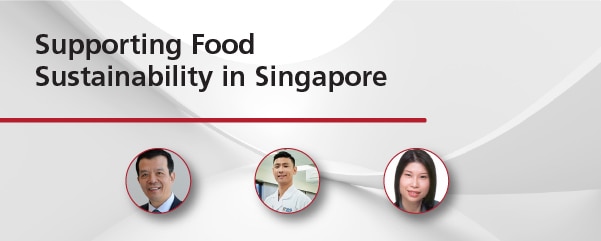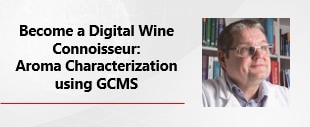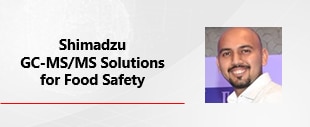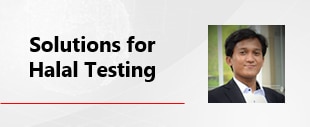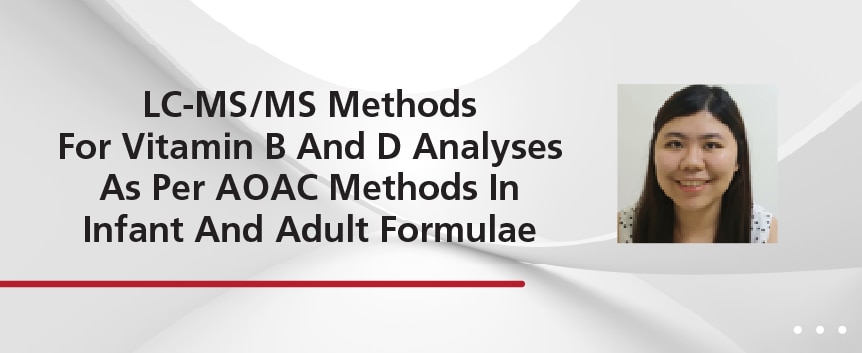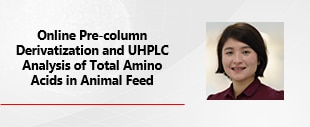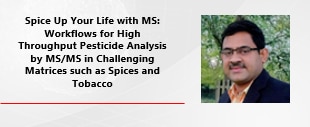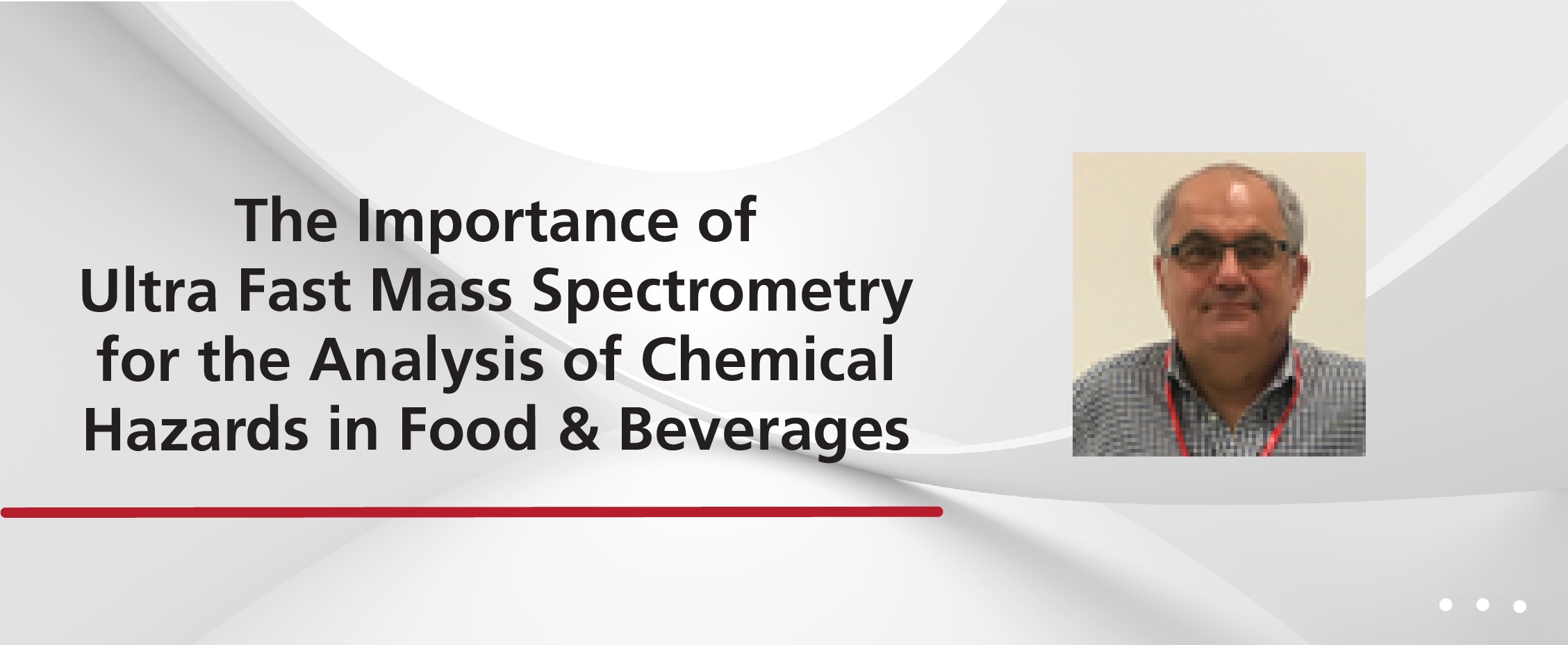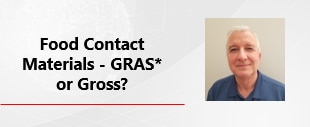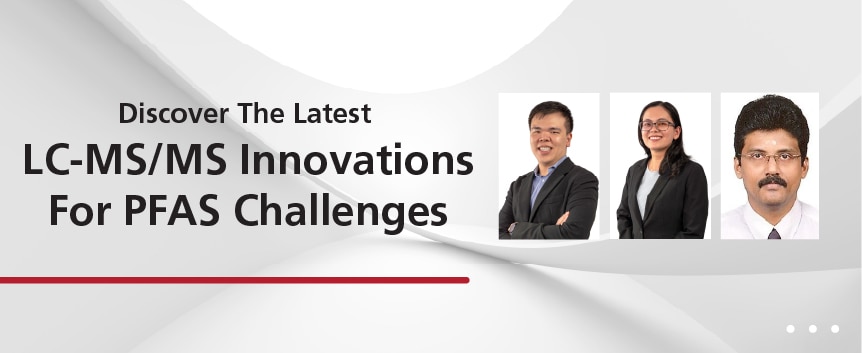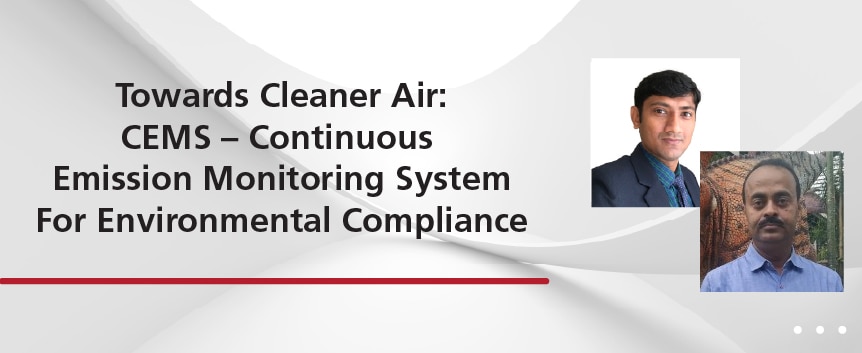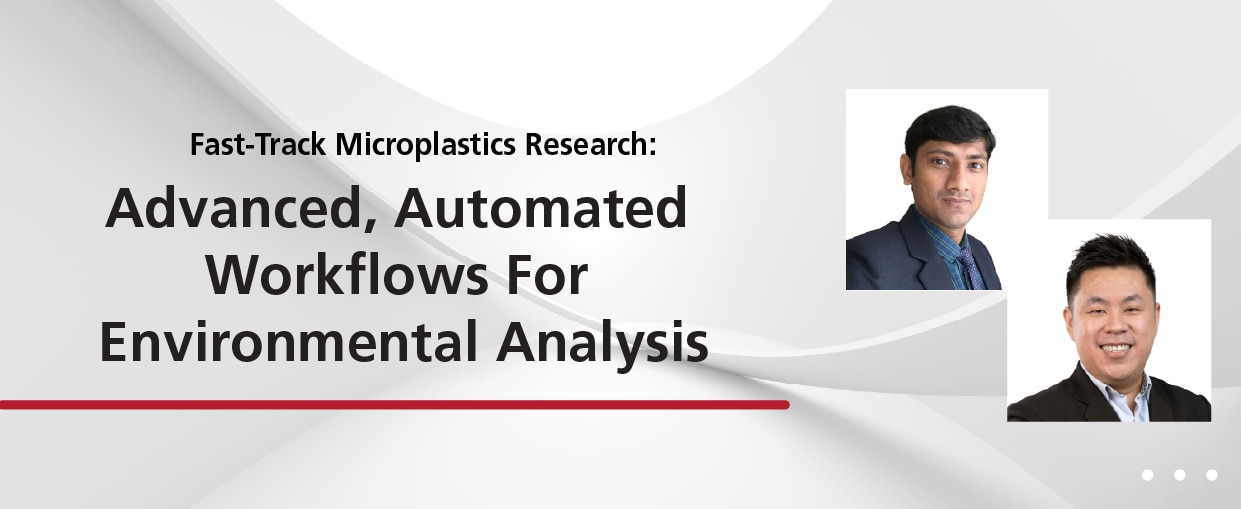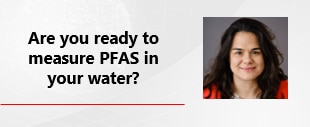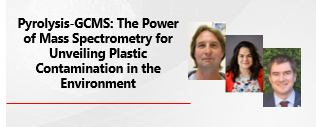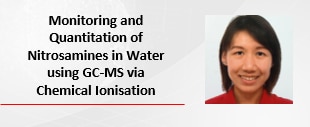Join our esteemed experts, Elton Goh and Tan Teck Beng, as they lead you through food quality testing, focusing on essential parameters such as elemental analysis, vitamin analysis, sugar content, and amino acid profiles.
Food, Agriculture, and Environment
- Shimadzu Digital Classrooms
- Food, Agriculture, and Environment
- Pharmaceuticals and Biopharmaceuticals
- Chemical and New Energy
- Clinical and Forensics
- Chromatography
- Mass Spectrometry
- Spectroscopy
- Consumables
- Informatics
In the field of Food, Agriculture, and Environment, the complexity and diversity of samples present distinct analytical challenges. With the wide variety of matrices, emerging contaminants, and innovative novel ingredients, each sample requires meticulous sample preparation and advanced instrument capabilities to ensure robust and reliable results. Furthermore, with increasingly complex supply chains and industry operations, the necessity for high throughput analysis in testing labs is greater than ever.
Discover how Shimadzu’s Ultra-Fast Mass Spectrometry (UFMSTM) technology, Analytical IntelligenceTM, and proprietary technologies create end-to-end solutions to effectively address these challenges. From food safety and quality to water monitoring and more, Shimdazu’s solutions offer the accuracy and efficiency that modern laboratories require. Explore our webinars today and see how Shimadzu can elevate your expertise in the food, agriculture, and environment sectors.
Food and Agriculture
-
-
In this webinar, we will present some examples of MALDI-based applications for food quality control aiming at tackling issues of food adulteration and safety, using a small benchtop MALDI-TOF instrument from Shimadzu.
-
Gear up for an exciting session with us on Digital Classrooms into the heart of food safety analysis, focusing on 3 crucial aspects: organic contaminants identification, elemental analysis, and the pressing issue of PFAS.
-
In this Digital Classrooms session, join us as we explore the power of AI-driven data analysis through Shimadzu's Peakintelligence™ for GCMS.
-
In this presentation, join us as Dr. Andreas, Managing Director of Axel Semrau GmbH & Co KG, introduces a fast and efficient analysis of MOSH/MOAH using a new automated saponification workflow that can save your time and effort while maximizing the results.
-
Shimadzu India collaboratively with ICAR-National Research Centre for Grapes [NRCG] invite you to a live webinar that will open up a whole new perspective by listing all available options for your analysis of Ethylene Oxide (EtO) & 2-Chloro Ethanol (2-CE) in Food & other matrices.
-
In this Digital Classrooms session, we will discuss why automated sample preparation is preferred and presents workflow solutions for your sample preparation needs, and introduce the analysis of various samples on Shimadzu tandem LC-MS/MS and GC-MS/MS for high sensitivity quantitation.
-
In this webinar, discover the capabilities when analytical testing meets innovation – learn how Shimadzu drives automation in food analysis, such as Auto-QuEChERS cleanup workflow to analyze residual pesticides in food.
-
This webinar will clarify the regulatory status and analytical methods applied for the analysis of monochloropropane diol (MCPD) and glycidol contaminants in edible oils.
-
This webinar will clarify the regulatory status and analytical methods applied for the analysis of mineral oil contaminants, in the form of both saturated (MOSH) and aromatic hydrocarbons (MOAH), in edible oils and food contact materials.
-
In this webinar, we will discuss the vital role of analytical instrumentations in developing safe herbal medicine products, as well as the need for these advanced techniques in quality control process.
-
In celebration of our “50th anniversary of Mass Spectrometry”, we are pleased to invite Prof. Erich Leitner from Graz University to share his work on off-flavour compound analysis.
-
In this webinar, besides showcasing Shimadzu workflow solutions for food safety and production, we are honoured to have two distinguished guest speakers to discuss their contribution to the 30 x 30 initiative.
-
In this webinar, Prof. Erich Leitner from Graz University of Technology will share on wine profiling and how GC/GCMS as analytical tool could help on different origin of different wines.
-
This webinar provides a glimpse of the cutting-edge technology Shimadzu GCMSMS offers in the field of food safety.
-
In this webinar, we present Shimadzu complete solution for Halal testing.
-
In this webinar, we will discuss the different AOAC methods and the sample preparations in the analysis of vitamin B and D.
-
This webinar gives you an introduction on fully automated pre-column derivatization of the amino acids and microwave digestion method which were adopted to further speed up and increase the analysis efficiency.
-
This exclusive Shimadzu Food Safety Webinar will provide an in-depth know-how about the various mass spectrometry (MS/MS) workflows that are needed to conduct high throughput pesticide analysis in challenging matrices.
-
The importance of Shimadzu’s ultra fast family of mass spectrometric detectors to the analysis of chemical hazards in food will be discussed in the context of the regulatory requirements for the analysis of contaminants in foods and a general overview of chemical hazards in foods.
-
This webinar will provide an introduction to Food Contact Materials (FCMs), discuss the challenges faced by the food industry, and present the latest analytical technologies for FCMs.
Environment
-
Join us on Digital Classrooms for an in-depth exploration of PFAS, tracing their origins in everyday consumer products and examining their potential health implications.
-
In this Digital Classrooms session, explore how CEMS transforms your approach to environmental compliance.
-
In this Digital Classrooms session, explore how Shimadzu's state-of-the-art analytical and measuring instruments are leading the way in microplastics research, analysis, and characterization.
-
Join us for an informative session on Shimadzu’s Digital Classrooms to explore how XPS contributes to innovation solutions towards sustainability.
-
This webcast discusses the global trends and regulatory requirements pertaining to PFAS analyses (e.g. EPA 537.1).
-
In this event, we will discuss the suitability of pyrolysis coupled with gas chromatography mass spectrometry (Py-GCMS) for assessing the fate of microplastics in the environment.
-
In this Digital Classrooms session, we will discuss the development of the GC-MS/MS electron ionisation method.
Other Resources



